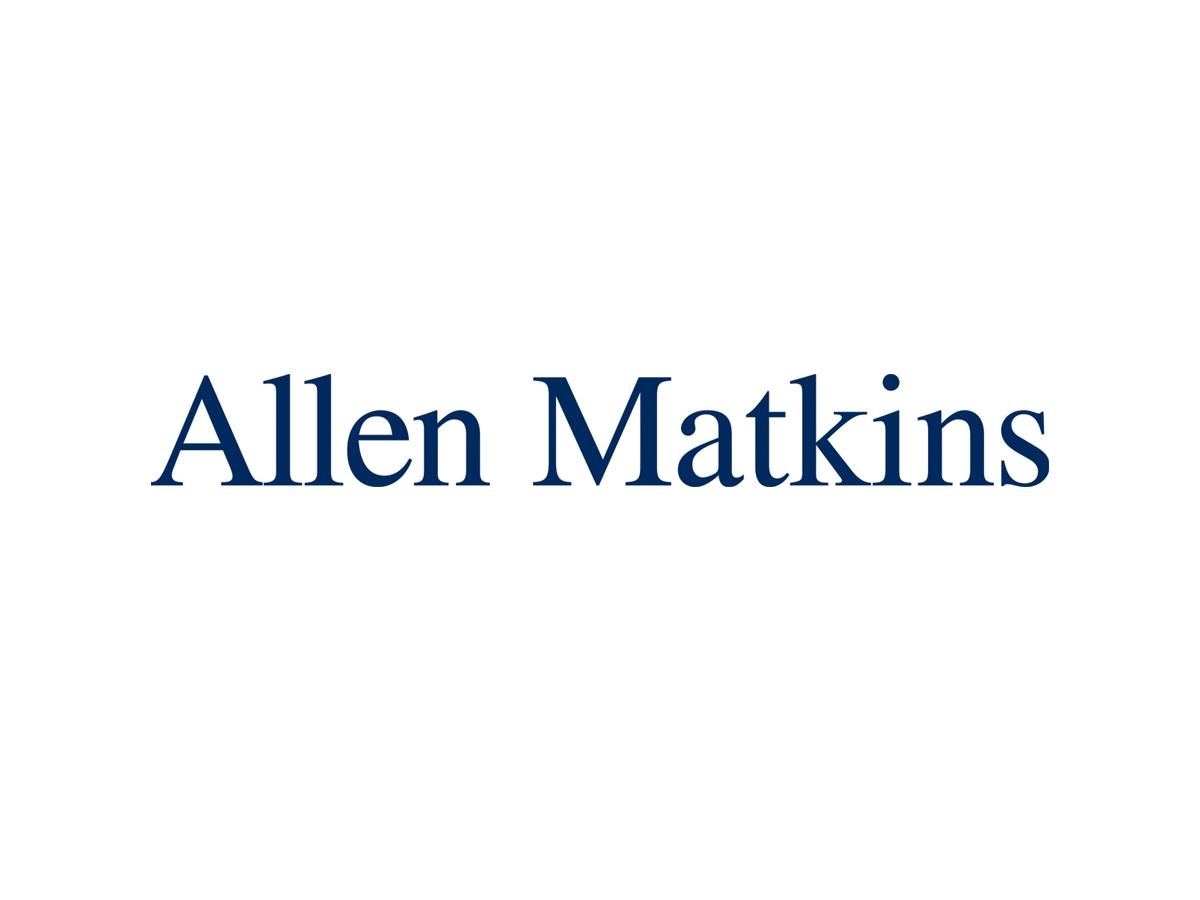
Focus
 Allen Matkins – October 10
Allen Matkins – October 10
California Senate Bill (SB) 415, signed into law on October 3, provides much needed clarifications to the state’s 2024 landmark law, Assembly Bill (AB) 98, which provides comprehensive standards for the siting and operation of logistics developments, including warehouses, distribution centers, and similar freight operations. The amendments in SB 415 are generally favorable to developers and local agencies, as detailed in this alert. For more information about SB 415, you can join our webinar on November 12, 2025, by registering here.
News
 Allen Matkins – October 13
Allen Matkins – October 13
Governor Gavin Newsom signed AB 1319 on October 11 to create a swift, state-level response mechanism if Federal Endangered Species Act (FESA) protections are decreased for species native to California that are not already protected under the California Endangered Species Act (CESA). The practical effect of this mandate is that any reduction in FESA protections could lead to the listing of additional species as “provisional candidate” species under CESA, providing them the same protection as CESA candidate species, with potentially broad implications for development projects throughout the state.
 ESG Dive – October 15
ESG Dive – October 15
The California Air Resources Board (CARB), the agency tasked with enforcing the state’s climate disclosure rules, is delaying initial rulemaking for SB 253 and SB 261 to the first quarter of 2026, according to a notice published this Tuesday. The agency said the delay was due to the “large volume of public comments” its staff received following a public workshop in August and the “ongoing input related to identifying the range of covered entities.” Though CARB’s notice pointed to a delay in when the final regulations will be issued, it did not disclose any changes to when entities are expected to comply with the climate disclosure rules. Entities that fall under SB 261 — which impacts companies operating in California with annual revenues over $500 million — are required to publish their reports on climate-related risks by Jan. 1, 2026. Entities that are covered by SB 253 are expected to report their scope 1 and scope 2 emissions by June 30, 2026. SB 253 and SB 261 are discussed further in Allen Matkins’ recent alert.
 Los Angeles Times – October 13
Los Angeles Times – October 13
Southern California air regulators issued notices of violations to two foundries in southeast Los Angeles County after air sampling revealed elevated levels of hexavalent chromium, a highly toxic metal, near the facilities. Investigators say both facilities failed to conduct required tests, properly clean work areas and operate equipment with necessary permits. The South Coast Air Quality Management District (SCAQMD) is hoping to reach a settlement with the two foundries and may assess financial penalties if a settlement is not reached.
 Reuters – October 16
Reuters – October 16
Governor Gavin Newsom this week vetoed a law that would have limited the regulatory powers of air quality agencies at the nation’s busiest port complex at Los Angeles and Long Beach, the biggest source of local air pollution. SB 34 would have prohibited the SCAQMD from proposing any action that, among other things, would impose a cap on cargo throughput or cruise ship passengers at ports that contribute to billions of dollars of California tax revenue. “With the current federal Administration directly undermining our state and local air and climate pollution reduction strategies, it is imperative that we maintain the tools we have and encourage cooperative action at all levels to avoid the worst health and climate impacts,” Newsom said in a veto statement on Monday.
 Patch – October 16
Patch – October 16
The Sonoma County Board of Supervisors on Tuesday approved a renewed 15-year water supply agreement with the Marin Municipal Water District (Marin Water) that will run through 2040. The new agreement updates how Russian River water is delivered to Marin Water and includes a one-time $12.5 million payment from Marin Water to support regional water resiliency projects. The agreement simplifies delivery rules and adds flexibility by allowing Marin Water to roll over undelivered minimum amounts into the following year if Sonoma Water cannot meet the full delivery, said the county board, which is acting as the Board of Directors for Sonoma Water.
*This article may require a subscription to read.
[View source.]

